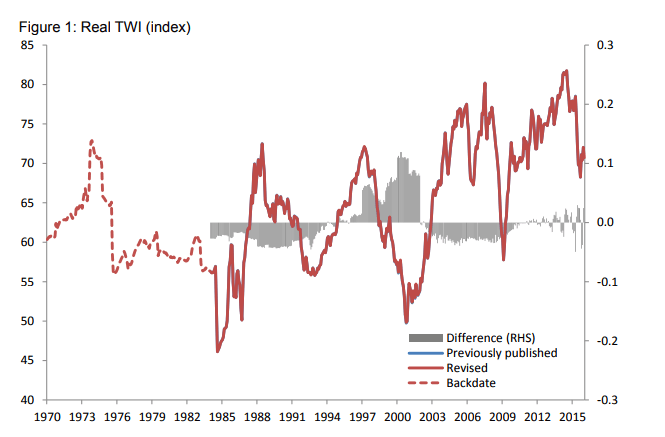As the U.S.government shutdown enters its third week, on the verge of becoming the longest in history, Main Street is getting creative to stay afloat. The partial closure is having ripple effects nationwide on companies that work with and rely on the federal government to do business.
Small businesses nationwide are feeling the impact from losing government services — all as a result of the standoff between President Donald Trump and Democrats over funding for a southern border wall.
A report from Democrats on the Senate Appropriations Committee, which was released ahead of the partial shutdown, said nine of 15 federal departments and “dozens” of U.S. agencieswould close. As funding runs out, more agencies are closing. And small business owners, some of whom who rely on the government for their livelihoods, are beginning to feel the pinch.
Among them is Kimberly Stewart, who runs Stepping Stone Consulting in Oakton, Virginia, which does contract work for federal agencies with a focus on IT program management. She also consults small businesses that contract with the government, a smaller part of her operation.
Due to the shutdown — 21 days as of Friday — one of Stewart’s employees was told to hit pause on a project for the Department of Transportation.
“Having a shutdown go on for such a long time really does put my business at risk,” Stewart said. She added that federal contracts make up a third of her revenue.
“This is lost revenue,” she said. “For a small business like myself with three employees, it could mean I go out of business. I am hoping it doesn’t.”
Stewart prepared for the closure, which began Dec. 22, by stashing away some cash reserves. During the shutdown, she’s shifted focus to consulting opportunities with other small businesses but remains hopeful that Washington can put politics aside and reopen the government quickly.
“They need to govern,” Stewart said. “They need to figure out how to come together and get the budget in place, take care of their employees, take care of their contractors, get them back to work and fulfill the mission.”
In Houston, Helen Callier says she’s without an important ally in the shutdown — the Small Business Administration. Callier runs Bradlink, a 13-person technical services firm that works on facilities design, support services, project management and construction oversight with a focus on the government services sector. Bradlink participates in the SBA’s 8(a) program for business development to compete for government contracts, resources she’s thankful to have access to both regionally and nationally.
“With the government shutdown, there is an impact as we look at growing our business on the federal space, which is very important for us,” Callier said. “We are now in the second quarter on the federal side, which is typically where the buying activity takes place — in the second and third quarter. So the challenge is we have key folks that we need to leverage to go after contracts in that program that are not working.”
Bradlink does contract work with the government on managing moves, space allocations and more, work that continues throughout the shutdown, Callier said. Federal government contract work is 5 percent of her business, but the company also works on local projects that are federally funded, which account for about a third of the business.
Callier said she’s getting creative, like Stewart, in shifting focus to other areas to try to achieve goals for 2019. She said she may reach out to her congressional delegates if the shutdown persists.
“We are players, and we keep moving forward,” Callier said. “We play ball, and we expect our delegation to play ball. … For us, it’s come to the table and realize a decision needs to be made quickly so we can minimize any impact to our country.”
[“source-“forbes”]


























































